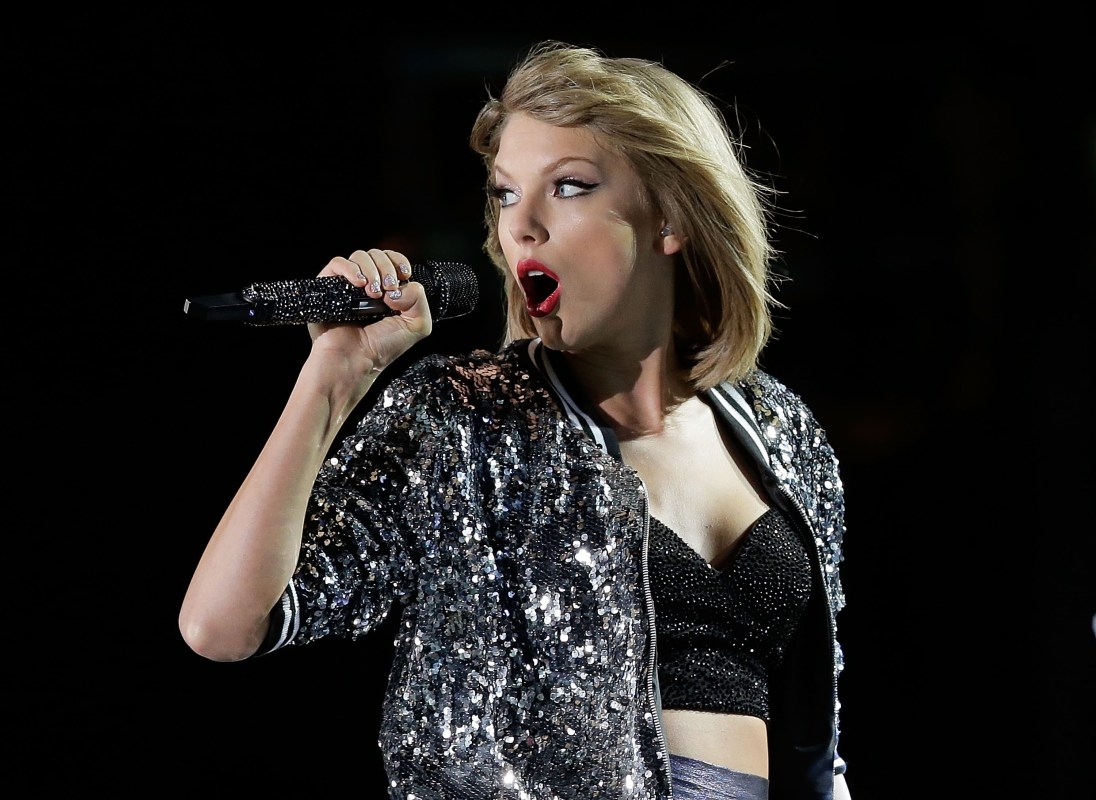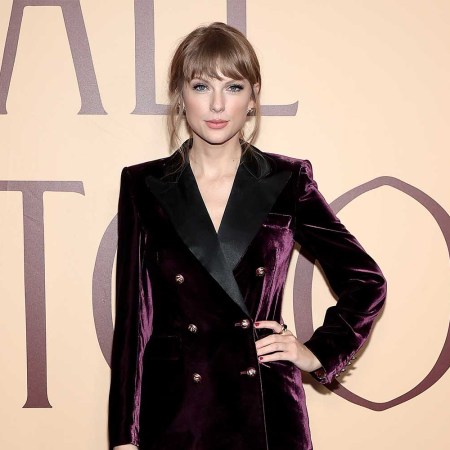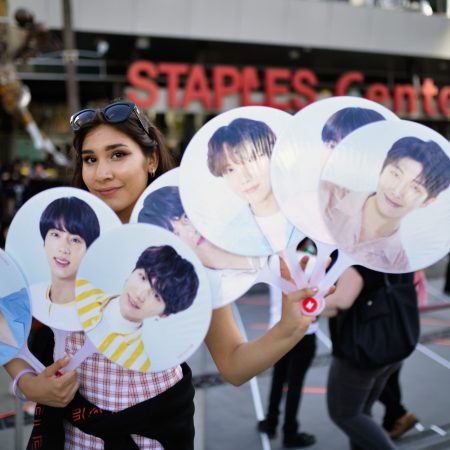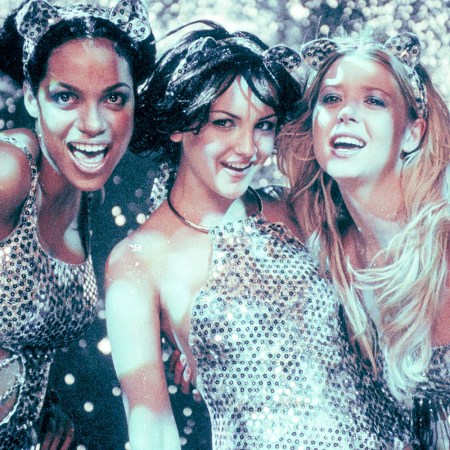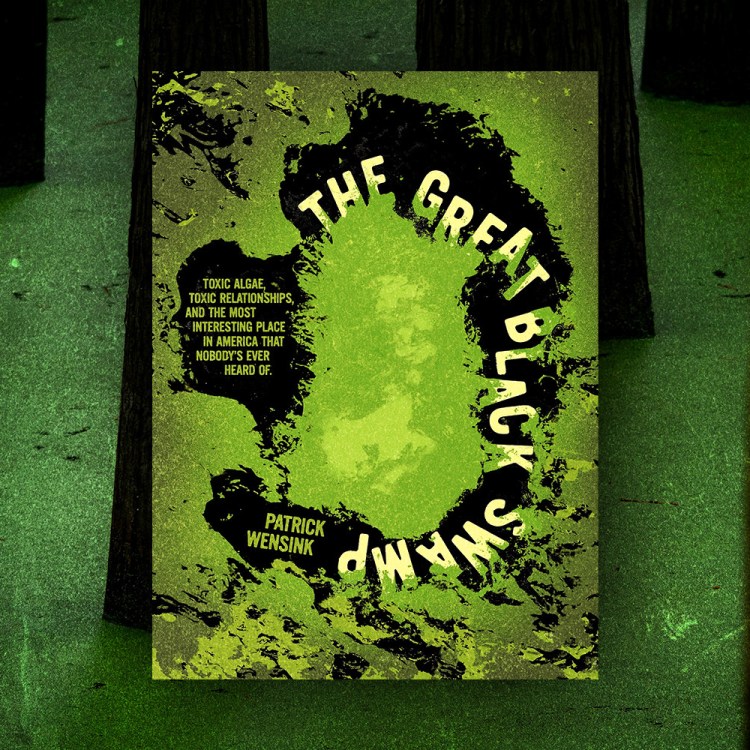The relationships between aspiring musicians and the record labels willing to take a chance on them is a complicated one full of legal clauses and expectations to be met on either side. While each agreement’s individual details may vary, the most consistent piece of these contracts is one that makes clear the understanding that the artist’s work is the property of the label.
“Few artists are able to launch without labels,” Nashville-based music industry lawyer Derek Crownover tells InsideHook. “Ninety-five percent of every artist out there has transferred the rights of their masters to try and launch their careers.”
That’s the hard truth Taylor Swift had to admit last week when Scooter Braun bought Big Machine Label Group for $300 million and, in effect, the masters — the original recording of each of her songs, from which all other copies were made — of her first six albums.
Swift published an emotionally-charged Tumblr post in the wake of the announcement to explain how she’d made an “excruciating choice to leave behind my past.”
“Music I wrote on my bedroom floor and videos I dreamed up and paid for from the money I earned playing in bars, then clubs, then arenas, then stadiums,” she wrote. “This is what happens when you sign a deal at fifteen.”
The “Shake It Off” artist was signed by Big Machine’s founder Scott Borchetta in 2006, and it was under the label’s name that she became the worldwide phenomenon she is today. But Swift called out Borchetta as one of the ring-leaders behind the sale of her work that she “wasn’t given an opportunity to buy.”
“Trading your future in hopes of a future that matters was the standard way of doing business.”
Swift’s framing of this story, though, doesn’t paint an entirely accurate picture of the deal she signed as a 15-year-old unknown. And she’s hardly the first to sign a contract like this one, James Sammataro, a partner with the New York City-based law firm Pryor Cashman explains.
“You have to think about traditional recording agreements,” Sammataro, who has represented Spotify, Amazon, Pitbull and Ne-Yo, tells InsideHook. “When artists sign on with labels, they’re mostly new artists. Taylor signed on at 15 years old with no real, demonstrable track record of success, and they [Big Machine] took on the risk. They gave her an advance, a recording budget and committed to marketing and promotion with the hope of breaking her into the marketplace.”
“It’s like prospecting for gold — an artist can break out or, many times over, you invest with no recoupment,” he says. “Trading your [ownership rights] in hopes of a future that matters was the standard way of doing business.”
The tradeoff here, in other words, is becoming a Taylor Swift-level superstar. And although the nitty gritty of music-biz legal contracts isn’t the “sexy” part, it’s necessary for both parties to benefit.
“Artists assign rights to their masters to the label and the label exploits that around the world and pays you a royalty,” Crownover notes. “It’s the part of the business that’s sometimes the very non-sexy accounting, distribution and copyright part where you do need lawyers and accountants and marketing partners to launch a career. Taylor now is at a different level, she doesn’t need those services she did when she was a new artist.”
Swift’s options now, despite her stature, are basically limited to writing Braun an Ed McMahon-sized check, pulling a Jay-Z and creating her own record label in order to buy and redistribute her original songs. Legally, she’s pretty much SOL.
“The short answer is no,” Sammataro tells InsideHook. “[Her contract] was an arms-length negotiation that she won’t be able to challenge.
“She could make him [Braun] an offer, I don’t know why should would do that,” he adds. “By all accounts I think Taylor Swift’s masters generated about 80 percent of Big Machine’s revenue in 2018, that’s what was reported, at least. If that’s true, she’d probably have to stroke a check for $200 million, maybe $240 million. That’s a lot of money, even for someone of Taylor’s means. She’d have to pivot and create a label of her own to extract every dollar.”
What’s unique in this case, Sammataro says, is that stars don’t typically air their dirty recording contract laundry, and that Swift is a “force to be reckoned with,” as the world saw in her court battles with Apple and Spotify. The 29-year-old knows exactly what she’s doing in appealing to the masses and her 83.8 million Twitter followers and 119 million Instagram devotees.
“She garnered a lot of sympathy with that statement,” Sammataro says. “It was thoughtful and resonated with people. She was smart and seized on the climate of females being exploited by men and artist independence, and the theory that artists should own their work.”
But what Big Machine did for Swift in signing her — “As much as she made for them, they made her,” is how Sammataro sees it — can’t be dismissed, regardless of how she or any other artist feels about the way the industry works.
This article appeared in an InsideHook newsletter. Sign up for free to get more on travel, wellness, style, drinking, and culture.
